Asia Gastronomy Cities
Chengdu - UNESCO City of Gastronomy
Chengdu, Sichuan's provincial capital, is a lively city known for its easygoing vibe and deep-rooted traditions. With over 2,300 years of history, it stands as a crucial economic, cultural, and transport center in Western China.
The city houses the well-known Giant Panda Breeding Research Base, drawing millions of visitors annually. Chengdu's cityscape blends contemporary high-rises with classic architecture, while numerous green spaces and teahouses provide calm spots amidst the city's energy.
- Chengdu offers an incredible array of tasty eats and local specialties
- The city is renowned for its fiery Sichuan dishes and lively street food culture
- Checking out local markets and trying hotpots are essential Chengdu experiences
Why foodies flock to Chengdu
Chengdu's food scene is legendary, earning UNESCO recognition as a City of Gastronomy in 2010. The city's culinary traditions are deeply connected to its past and surroundings, drawing inspiration from the fertile Sichuan Basin and the area's spice trade.
Sichuan cuisine, famous for its intense flavors and generous use of chili peppers and Sichuan peppercorns, takes center stage in Chengdu's food world. The unique mix of spicy (ma) and numbing (la) sensations sets Sichuan food apart from other Chinese cooking styles.
Street food is a key part of Chengdu's food landscape. From busy night markets to hidden side streets, you'll spot an array of tempting snacks and dishes everywhere you turn.
Kicking off your food tour
Start your culinary adventure at Jinli Ancient Street, a popular walking street lined with buildings in traditional style. Here, you can taste various Sichuan snacks and street foods.
Some must-try dishes include:
- Dan dan noodles
- Spicy rabbit heads
- Mapo tofu
- Kung pao chicken
- Guokui (crispy flatbread)
Be sure to sip on some classic Sichuan tea at one of the many teahouses along the street to complement your meal.
Why local markets are worth a visit
For an authentic experience, check out a local market like Supo Farmers Market. These markets are central to Chengdu's food culture, where locals buy fresh ingredients and grab quick bites.
At the market, you'll spot:
- Fresh produce
- Live seafood
- Fragrant spices
- Local snacks and street food
Going early in the morning gives you the best chance to see the market in full swing and sample some traditional breakfast items like baozi (steamed buns) or youtiao (fried dough sticks).
Getting the most out of Chengdu's famous hotpot
A trip to Chengdu isn't complete without trying the city's famous hotpot. This social dining experience involves cooking raw ingredients in a bubbling pot of spicy broth at your table.
Here's how to enjoy hotpot like a local:
- Pick your broth (spicy or non-spicy)
- Choose your ingredients (meat, vegetables, tofu, etc.)
- Cook the food in the broth
- Dip cooked items in a personalized sauce
- Enjoy with friends and family
For a genuine experience, try Huangcheng Laoma, a popular local hotpot spot known for its top-quality ingredients and traditional flavors.
The magic of Sichuan peppercorns
Sichuan peppercorns, or huajiao, are essential to Sichuan cuisine. These small, reddish-brown berries create a unique numbing sensation, which pairs well with the heat from chili peppers.
The taste of Sichuan peppercorns goes like this:
Citrusy -> Numbing -> Slightly bitter -> Floral
To really appreciate Sichuan cuisine, welcome the numbing effect of these peppercorns. They're used in many dishes, including the well-known mapo tofu and kung pao chicken.
Tackling the heat in Chengdu's food
Chengdu's food is known for being spicy, but don't let that stop you. Many restaurants offer milder versions of popular dishes for those who prefer less heat.
If you're worried about the spiciness, try these tips:
- Begin with milder dishes and gradually increase the heat
- Request less spice when ordering
- Keep some rice or bread handy to balance the heat
- Try non-spicy local specialties like twice-cooked pork or fish-flavored eggplant
Remember, it's fine to take breaks and drink plenty of water or tea between bites.
Satisfying your sweet tooth
While Chengdu is famous for its spicy food, the city also caters to those with a sweet tooth. After a fiery meal, cool down with some local desserts.
Popular sweet treats include:
- Tangyuan (glutinous rice balls in sweet soup)
- Lvdagun (green bean rolls)
- Panda-shaped ice cream (found near tourist spots)
- Tianshui mian (cold noodles in sweet sauce)
These desserts offer a refreshing contrast to the bold flavors of Sichuan cuisine and are perfect for satisfying sugar cravings.
The charm of Chengdu's tea houses
Tea houses are a big part of Chengdu's culture and social scene. They're great spots to relax, chat, and enjoy some local snacks with your tea.
Popular tea house activities include:
- Tasting various types of tea
- Playing mahjong or cards
- Watching traditional shows
- Snacking on light bites or dim sum
Check out the Heming Teahouse in People's Park for a typical Chengdu tea house experience. Don't miss trying the local favorite, jasmine tea.
Eating well on a budget in Chengdu
Enjoying good food in Chengdu doesn't have to be expensive. The city has plenty of tasty and affordable options for budget-conscious travelers.
Tips for eating on a budget:
- Focus on street food and local markets
- Try small, family-run eateries
- Look for lunchtime deals at bigger restaurants
- Share dishes with friends to sample more variety
- Avoid touristy areas for more authentic and cheaper options
Keep in mind, some of the best food experiences in Chengdu can be found at simple street stalls and small restaurants.
FAQs
Is all food in Chengdu spicy?
While Chengdu is known for its spicy cuisine, not all dishes are super hot. Many restaurants offer non-spicy or mildly spicy options. You can always ask for less spice when ordering, and there are plenty of non-spicy local specialties to try too.
When's the best time to visit Chengdu for food lovers?
Chengdu is great for food all year round, but autumn (September to November) is particularly nice. The weather is mild, and you can enjoy seasonal treats like persimmons and chestnuts. Spring is also good, with comfortable temperatures and the bonus of seeing flowers bloom in the city's parks.
Does Chengdu have any food festivals?
Yes, Chengdu hosts several food festivals throughout the year. The biggest is the Chengdu Food and Cultural Festival, usually held in April. This event shows off the best of Sichuan cuisine and culture, with cooking demos, food tastings, and cultural performances.
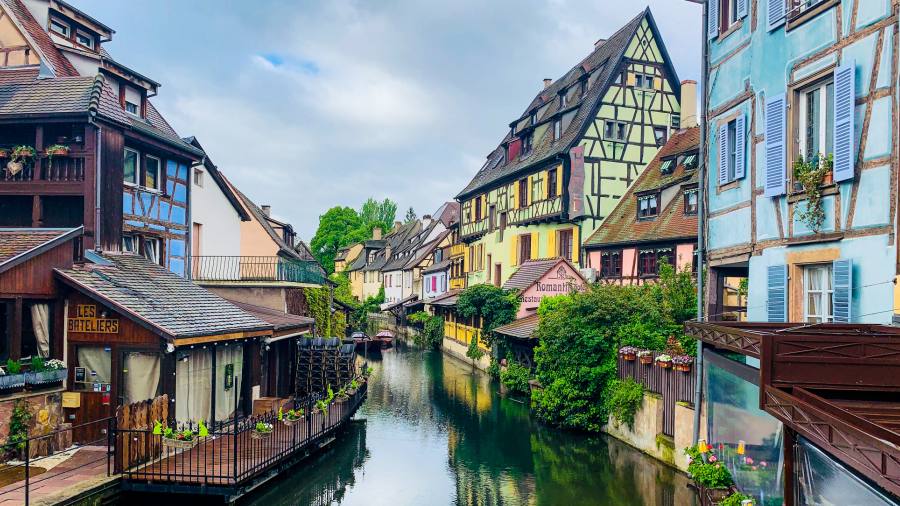



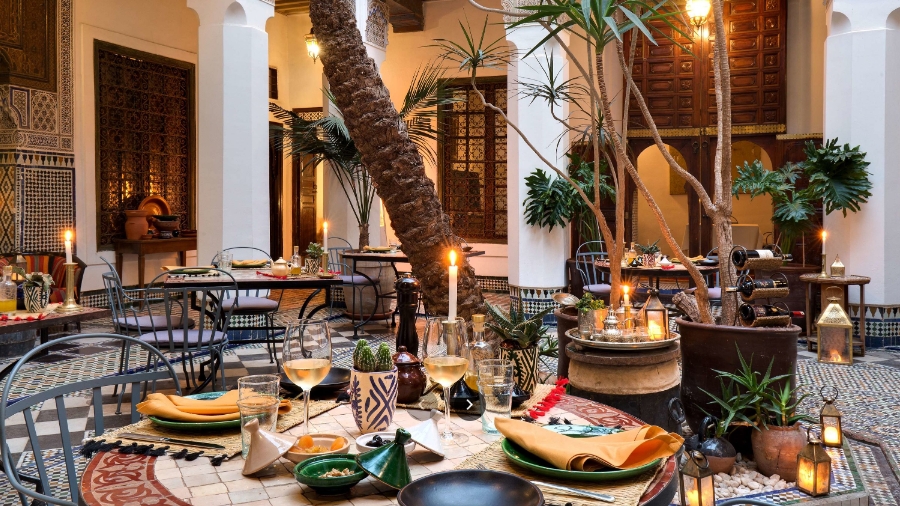


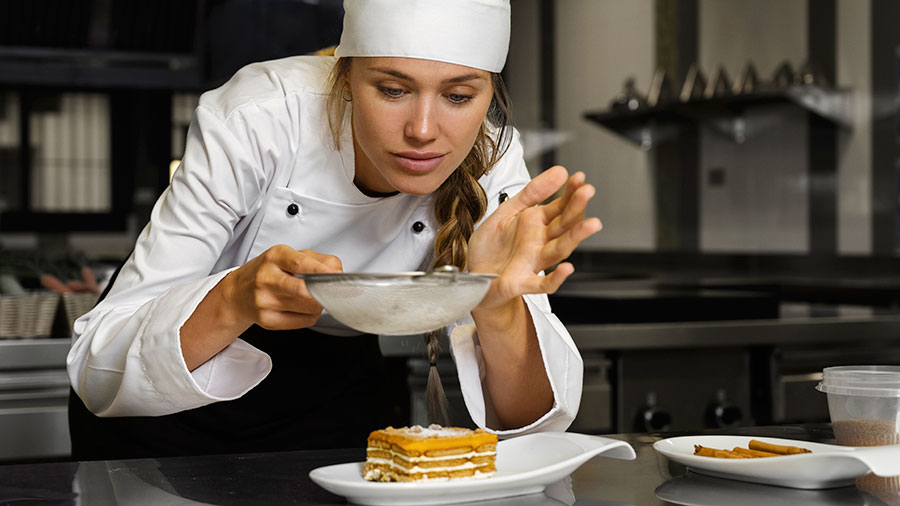

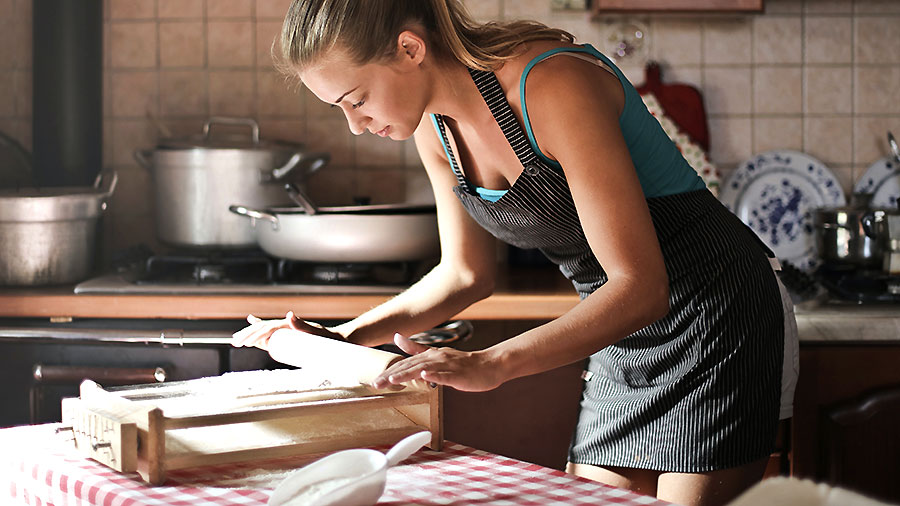
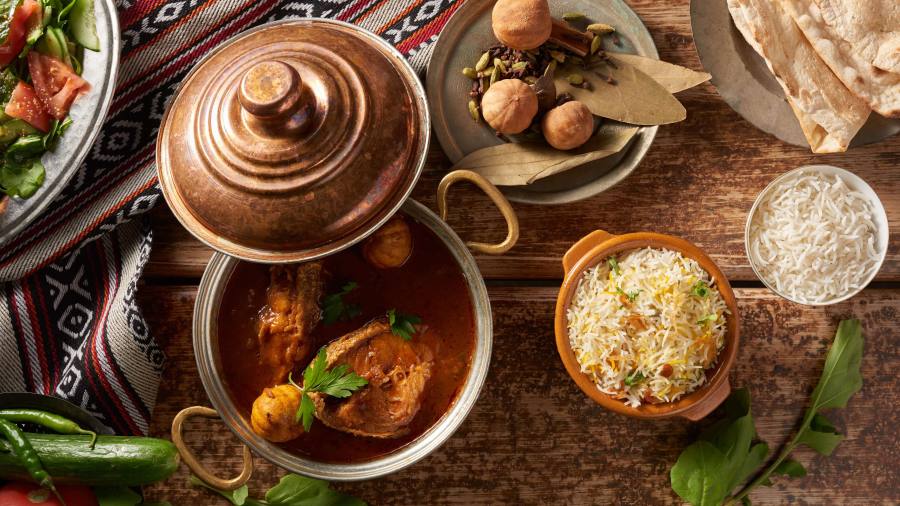

 Gastronomy Cities
Gastronomy Cities
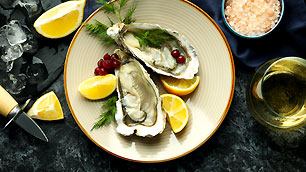 Amazing Food
Amazing Food
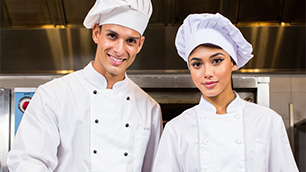 Chef's Talk
Chef's Talk